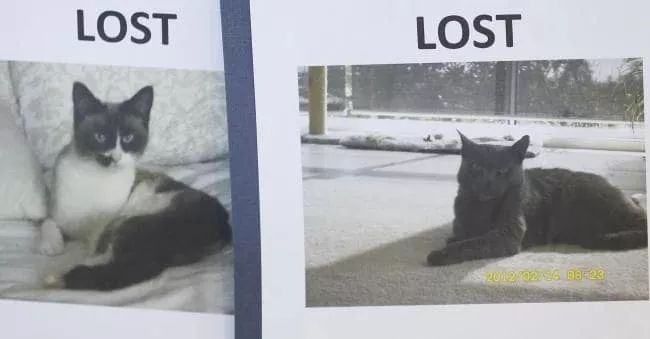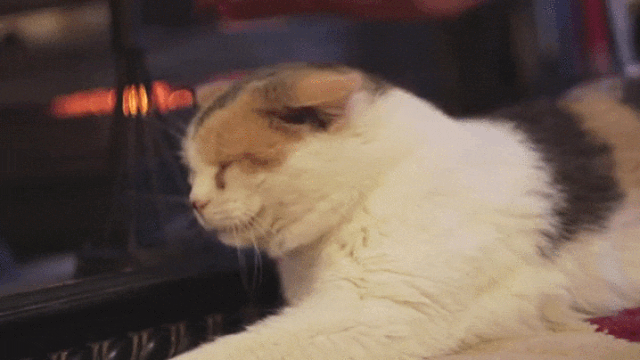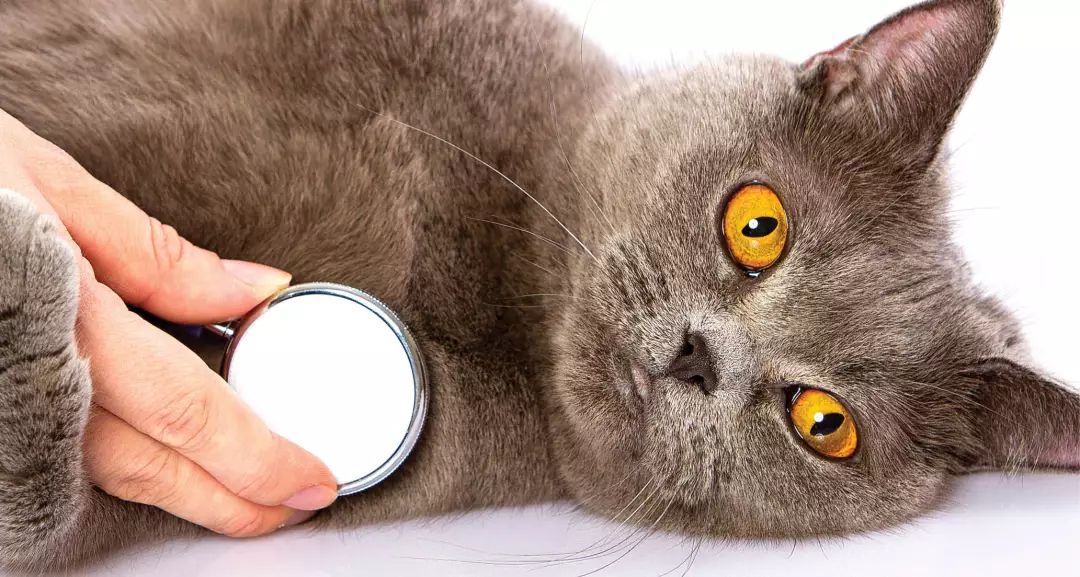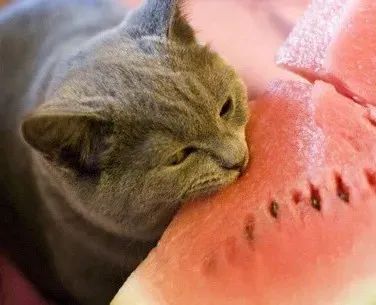The life of a cat is so “fast” compared to that of a human being that many parents are in a trance before they realise that their cats are getting old.
The life of a cat is like a gust of wind, and our attention is always late.
Sometimes we miss the best time to treat a cat’s illness, just like missing that important moment in love.
Owners pay less attention to their cats after they are five years old, but as they move into old age, our hearts return to them once again.
Is a three and a half year old cat still a kitten? Maybe it’s like being confused about youth as we chase our years.
So when should we start looking at midlife and old age in our cats? Perhaps it’s when we realise that they have years on them too.
And what about the symptoms of common diseases of old age in cats? Perhaps it’s as much to be explored as our gradual realisation of the wisdom that comes with the settling of the years.
At 20 we begin to focus on health and wellness, and at three or four years old we should begin to focus on aging in our cats!
How old is a cat considered to start getting old?
In the concept of indoor domesticated cats and kittens, a cat’s geriatric status is usually between the ages of 10 and 15.
But in fact, just as we two-legged beasts start to worry about hair loss after we pass 30; the truth is that in fact, cats will start to show varying degrees of wear and tear on their teeth by the time they are 4 to 5 years old, and their bodies have long since begun to age quietly.
Therefore, doctors generally recommend that after cats are 7 to 8 years old, they should change the frequency of regular check-ups from twice a year to once every six months, to ensure that they are healthy and at the same time add a safeguard to their old age.
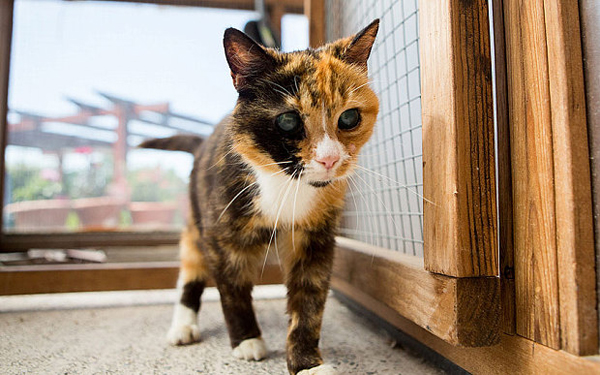
Many stray cats may not live to be 4-5 years old
Cats can have Alzheimer’s too!
One of the most common things we overlook in a cat’s life is Alzheimer’s disease in cats.
Don’t think that only two-legged beasts suffer from Alzheimer’s disease, but cats do too! Alzheimer’s symptoms in cats usually develop after the age of 8 to 10 years old.An ASPCA report said that about 50% of cats aged 11 to 15 years old suffer from cognitive dysfunction; in cats aged 16 to 20 years old, the percentage reaches 80%.
Once a cat develops Alzheimer’s disease, the cat will slowly fail to remember the location of cat food bowls, litter trays, scratching boards, and in severe cases, the cat may even gradually forget how to use the litter tray. Severe cognitive decline and memory impairment occurs.
There is a forum for posting lost cats, with 40 per cent of cats over 7 years old.
In addition, most aged cats are also prone to reduced or loss of vision and hearing, resulting in demented behaviours such as the cat may stand in the kitchen but not be able to find its way to the living room, or may not easily detect approaching people or objects, and therefore become frightened.
Care Guidelines for Older Cats
1. Regular medical check-ups! Regular medical checkups!
Whether we are raising cats or for ourselves, there is a guideline: early detection, early treatment, early savings!
The same applies to older cats. Regular professional medical check-ups can help us quickly and accurately locate potential hidden health problems and early diseases in cats, and the earlier the treatment is carried out, the better the care and money can be saved!
Whether they are suffering from Alzheimer’s disease, or other diseases, senior cats usually show reluctance to walk. Once this happens, a professional examination by a veterinarian can help us more quickly diagnose whether the cat is suffering from Alzheimer’s disease or other diseases such as kidney failure, diabetes, arthritis and so on.
2. Increased nutrition
➤ Basic Needs:
Ensure adequate amounts of easily digestible protein while keeping carbohydrates low.
➤ Additional Supplements:
Vitamin B, antioxidant Vitamin C and Vitamin E can be supplemented for older cats, as well as taurine, omega-6 fatty acids (AA), omega-3 fatty acids (DHA, EPA) and other nutrients for “brain health”.
➤ Supplement according to the situation:
For older cats who are prone to constipation, fibre substances can be supplemented appropriately;
For cats with heart disease, kidney disease, diabetes and other diseases, it is recommended to follow the medical advice and target supplementation for cats.
3、Home environment is well arranged
For cats who are inherently uncomfortable in unfamiliar environments, a stable, restful, predictable and comfortable environment is a very important thing, even more so for older cats.
➤ Try to keep the layout of your home as unchanged as possible to prevent your cat from becoming stressed by unfamiliar things;
➤ Place the litter tray and drinking water in several places to ensure that the cat can find food and drink when it is confused and will not be “suffocated” or urinate indiscriminately;
➤ Lower the opening of the litter tray, it is better to change it earlier and let your cat get used to the open and low opening of the litter tray;
➤ If cats like to go to bed, window, sofa and these positions, place small steps by the bed, window sill, sofa and put down non-slip cushioning blankets or cushions to reduce the probability of joint injury.
4. Weight management
For many domesticated cats nowadays, overweight becomes a more serious problem.
Although chubby kittens look very cute, when cats enter old age, due to the pressure of weight, it will lead to long-term pressure on the joints of TAs, and overweight will also increase the burden on the cat’s liver, so appropriate weight loss can also effectively improve the quality of life of senior cats.
Post time: Feb-26-2024


